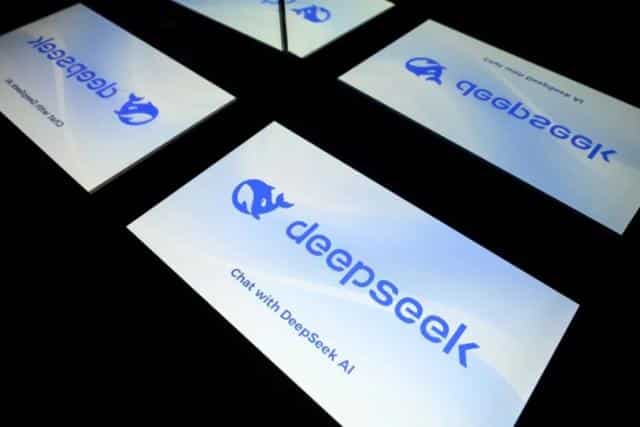OpenAI Accuses DeepSeek of AI Model Distillation

OpenAI, the renowned artificial intelligence firm, has raised serious concerns regarding the practices of a competitor, DeepSeek. The San Francisco-based company claims that DeepSeek may have distilled its proprietary AI models to create the recently launched R1 model. This allegation comes on the heels of DeepSeek’s release of the open-source DeepSeek-R1 AI model, which has reportedly outperformed OpenAI’s own models in various benchmarks. The situation has sparked a debate about ethics in AI development and the protection of intellectual property in a rapidly evolving technological landscape.
OpenAI Claims Evidence of Misconduct
According to a report by the Financial Times, OpenAI asserts that it has gathered evidence indicating that its proprietary AI models were used to train DeepSeek’s R1 model. The company claims to have identified multiple accounts that utilized its application programming interface (API) in a manner that suggests foul play. In response to these findings, OpenAI, along with its cloud partner Microsoft, has taken steps to block access to its API from the suspected accounts.
OpenAI’s statement to the Financial Times highlighted the ongoing challenges posed by companies based in China and elsewhere, which are allegedly attempting to distill the models of leading U.S. AI firms. The company emphasized its commitment to safeguarding its advanced models from potential competitors and adversaries. This situation underscores the broader issue of intellectual property rights in the AI sector, where the line between innovation and imitation can often become blurred.
The technique of AI model distillation involves transferring knowledge from a larger, more complex model to a smaller, more efficient one. The goal is to create a model that performs comparably to the larger one while requiring fewer computational resources. OpenAI’s GPT-4 model, for instance, boasts approximately 1.8 trillion parameters, while DeepSeek-R1 has around 1.5 billion parameters. This significant difference raises questions about how DeepSeek could achieve such performance without access to OpenAI’s proprietary datasets.
The Mechanics of AI Model Distillation
AI model distillation is a sophisticated process that allows developers to create more efficient versions of their models. Typically, this involves using a relevant dataset from a larger model to train a smaller one. For example, Meta has employed its Llama 3 AI model to develop several coding-focused Llama models. This process is legitimate when companies work within their own ecosystems, utilizing their datasets to enhance their offerings.
However, the situation becomes murky when a competitor attempts to distill a model without access to the proprietary datasets. If OpenAI’s allegations hold true, DeepSeek may have resorted to using prompt injections in its API interactions to generate a vast array of outputs. These outputs, which consist of natural language data, could then be transformed into code and fed into a base model, effectively mimicking the capabilities of OpenAI’s technology.
The implications of such actions are significant. If a company can replicate the performance of a leading AI model without proper authorization, it raises ethical questions about the integrity of the AI development process. OpenAI’s concerns reflect a growing unease within the industry about how intellectual property is protected and the lengths to which competitors may go to gain an advantage.
Industry Reactions and Future Implications
The allegations made by OpenAI have sparked a wave of reactions within the AI community. Many industry experts are closely monitoring the situation, as it could set a precedent for how intellectual property is treated in the rapidly evolving field of artificial intelligence. The potential for legal action looms large, as OpenAI seeks to protect its innovations from what it perceives as unethical practices.
Interestingly, OpenAI’s CEO, Sam Altman, recently praised DeepSeek for its advancements in AI technology. This acknowledgment of competition highlights the complex dynamics at play in the industry. While competition can drive innovation, it also raises concerns about the ethical boundaries of AI development. The balance between fostering a competitive environment and protecting intellectual property is delicate and requires careful navigation.
As the situation unfolds, it remains to be seen how OpenAI will respond to these allegations and what actions it may take to safeguard its models. The outcome could have far-reaching implications for the future of AI development, particularly in terms of how companies collaborate, compete, and protect their intellectual property. The ongoing dialogue about ethics in AI will likely intensify as more players enter the field and the stakes continue to rise.
Observer Voice is the one stop site for National, International news, Sports, Editor’s Choice, Art/culture contents, Quotes and much more. We also cover historical contents. Historical contents includes World History, Indian History, and what happened today. The website also covers Entertainment across the India and World.

